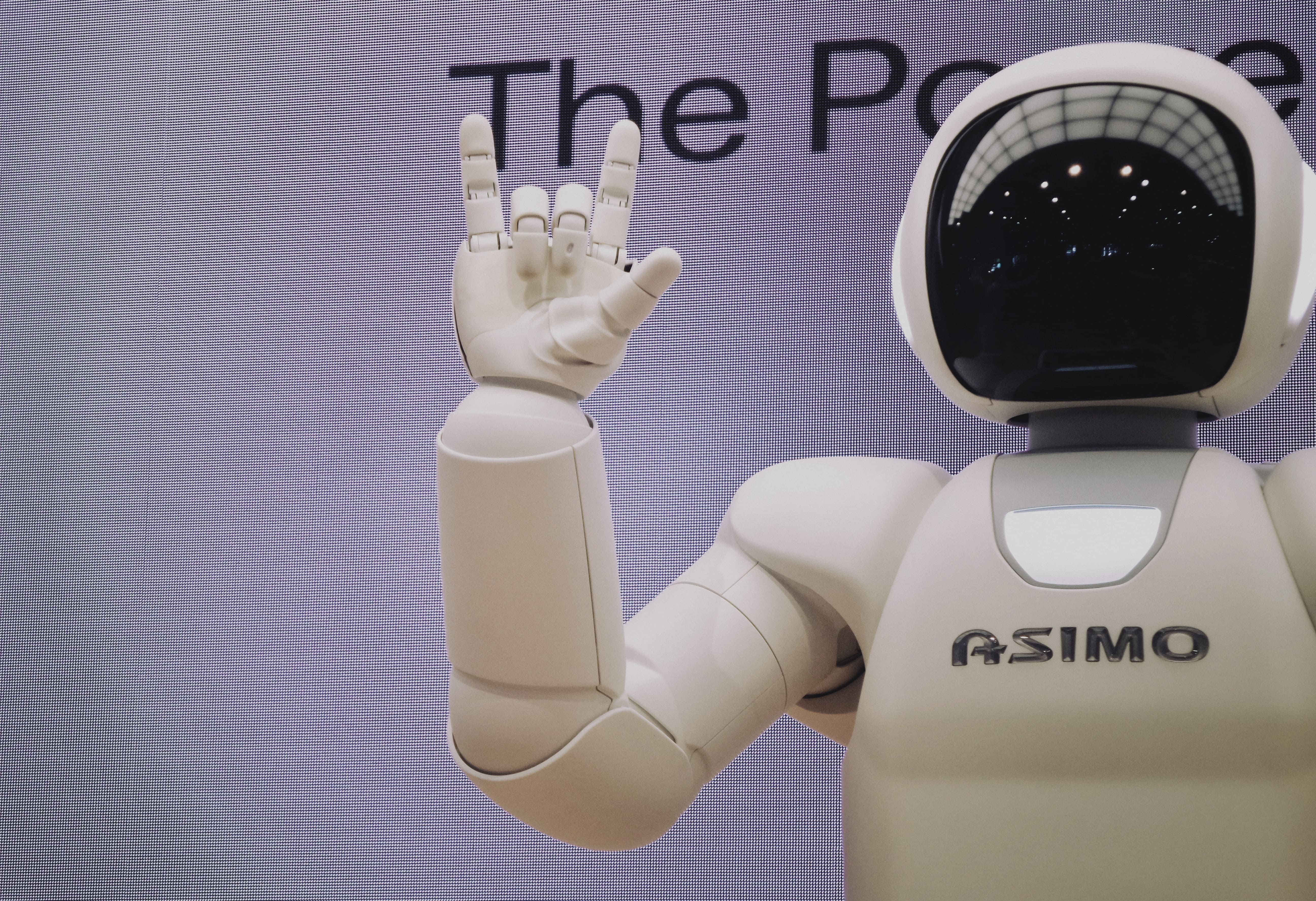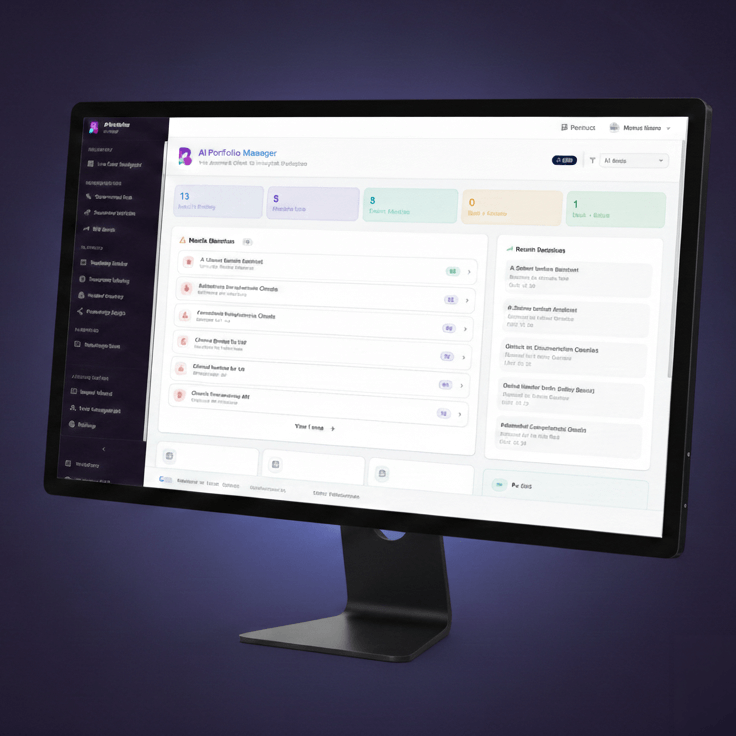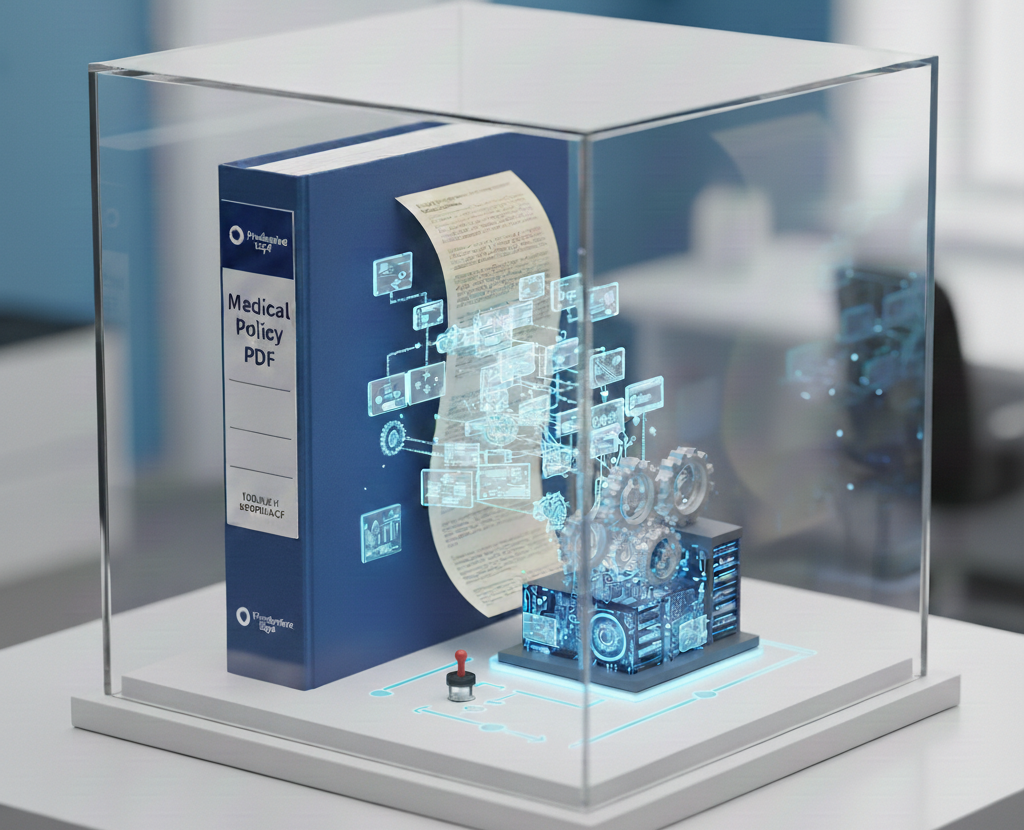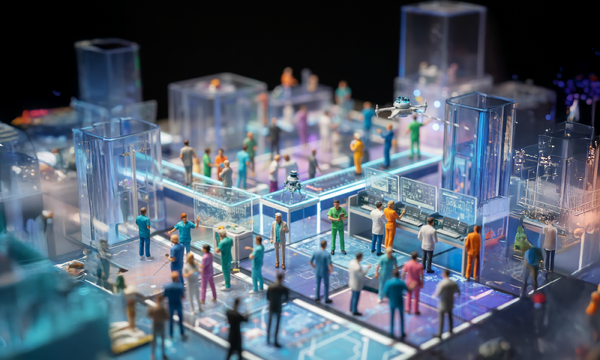Artificial intelligence (AI) and machine learning (ML) are rapidly transforming the healthcare industry, improving efficiency, accuracy, and patient outcomes. By harnessing the power of modern data and analytics, AI and ML technologies can process and analyze vast amounts of medical data to enable predictive and preventive healthcare.
What is Artificial Intelligence?
Artificial Intelligence refers to the development of computer systems that can perform tasks that typically require human intelligence, such as visual perception, speech recognition, decision-making, and language translation. AI technology is designed to simulate human cognitive abilities, allowing machines to learn from data, recognize patterns, and make predictions or decisions based on that learning. AI has numerous applications in various fields such as healthcare, finance, transportation, and communication. With the increasing amount of data available and the rapid development of computing power, AI is becoming an increasingly important tool for solving complex problems and improving efficiency in various industries.
What is Machine Learning?
Machine learning is a subfield of artificial intelligence that involves training computer algorithms to learn patterns and make predictions based on data without being explicitly programmed. These algorithms use statistical models and mathematical techniques to identify patterns in large datasets and learn from them to make predictions or take actions. Machine learning is being used in a wide range of applications, such as image recognition, natural language processing, fraud detection, and personalized recommendations. The three main types of machine learning are supervised learning, unsupervised learning, and reinforcement learning. Machine learning is becoming an increasingly important tool in various industries due to its ability to extract insights from large amounts of data, automate processes, and improve decision-making.
Advantages of AI and ML in Healthcare
- Improved diagnosis and treatment planning: AI and ML algorithms can analyze patient data such as medical images, lab results, and electronic health records to detect patterns and make accurate diagnoses. This technology can also help physicians develop personalized treatment plans based on patient data and medical history.
- Enhanced patient monitoring: AI and ML technology can monitor patient health data in real-time, alerting healthcare providers of potential health risks and enabling early intervention. Wearable devices can track patient activity, heart rate, and sleep patterns, providing valuable insights for chronic disease management.
- Streamlined administrative tasks: AI and ML technology can automate administrative tasks such as appointment scheduling, medical coding, and billing, freeing up healthcare providers to focus on patient care.
- Drug discovery and development: AI and ML algorithms can analyze large amounts of medical data to identify potential drug targets and develop more effective treatments.
Challenges of AI and ML in Healthcare
- Data privacy and security: Healthcare data is highly sensitive and must be securely stored and protected to comply with HIPAA regulations.
- Ethical concerns: AI and ML algorithms must be developed and deployed in an ethical manner to avoid bias and ensure that patient privacy and autonomy are protected.
- Regulatory barriers: The regulatory landscape for AI and ML in healthcare is still evolving, which can create uncertainty and slow down the adoption of these technologies.
- Implementation and integration: Healthcare providers may face challenges in integrating AI and ML technologies into existing systems and workflows, requiring significant investment in training and infrastructure.
Future of AI and ML in Healthcare
- Personalized medicine: Increased development of personalized treatment plans tailored to individual patient needs, improving patient outcomes and reducing healthcare costs.
- Predictive and preventive healthcare: Ability to predict potential health risks and enable early intervention, helping to prevent and manage chronic diseases.
- Patient engagement: Improved patient engagement and self-care through personalized health recommendations and reminders.
- Collaboration and innovation: Enhanced collaboration between healthcare providers, researchers, and industry stakeholders to drive innovation and improve patient outcomes.
Conclusion
AI and ML technologies are transforming the healthcare industry, enabling predictive and preventive healthcare, personalized medicine, and improved patient outcomes. While there are challenges to be addressed, the potential benefits of these technologies are significant, and continued investment and innovation are essential to unlocking their full potential in healthcare.




